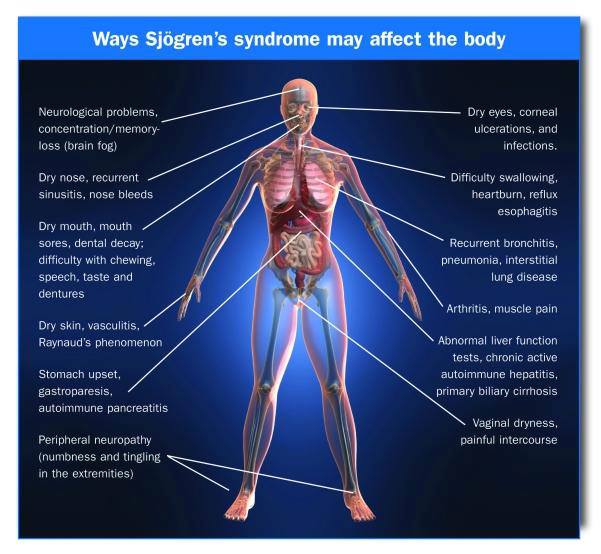[Original article on NHS Choices website]
The length of time you’re infectious for after having a viral infection depends on the type of virus involved. The infectious period often begins before you start to feel unwell or notice a rash.
The infectious periods for some common viral infections are described below.
Bronchitis
The length of time that bronchitis is infectious varies, depending on its cause. In most cases, bronchitis is caused by the same viruses that cause the common cold or flu and you’re likely to be infectious as long as you have cold or flu symptoms.
Chickenpox
Chickenpox is infectious from about one to two days before the rash appears until all the blisters have fully crusted or scabbed over. This is usually five to six days after the start of the rash.
Common cold
The common cold is infectious from a few days before your symptoms appear until all of the symptoms are gone. Most people will be infectious for around two weeks.
Symptoms are usually worse during the first two to three days and this is when you’re most likely to spread the virus.
Flu (influenza)
Flu is usually most infectious from the day your symptoms start and for a further three to seven days. Children and people with lowered immune systems may be infectious for a few days longer.
Glandular fever
Glandular fever is infectious during the incubation period (the time between catching the virus and developing the symptoms). For glandular fever, this can be two to four weeks.
Some people have the virus in their saliva for a few months after recovering from glandular fever, and may continue to have the virus in their saliva on and off for years. However, glandular fever isn’t very infectious and the length of time people remain infectious varies considerably.
Measles
Symptoms of measles appear around 10 days after you become infected. Measles is most infectious after the first symptoms appear and before the rash develops.
First symptoms of measles include:
a high temperature
red eyes
sensitivity to light
cold-like symptoms – such as a runny nose, watery eyes, swollen eyelids and sneezing
Around two to four days later, a red-brown spotty rash develops that normally fades after about a week.
Mumps
Mumps causes your salivary glands to swell. These glands are just below and in front of your ears. Mumps is most infectious from a few days before your glands swell until a few days afterwards.
Rubella (German measles)
Rubella is infectious for one week before the rash appears and for up to four days afterwards.
You should stay away from school or work for six days after the rash starts to avoid infecting others and try to avoid contact with pregnant women during this time.
Shingles
Shingles is infectious from when the rash first appears until the last blister has scabbed over. This is usually after about 10-14 days.
Tonsillitis
Tonsillitis itself isn’t contagious but the viruses that cause it are. The length of time you’re infectious will depend on the virus. Read more on the causes of tonsillitis.


